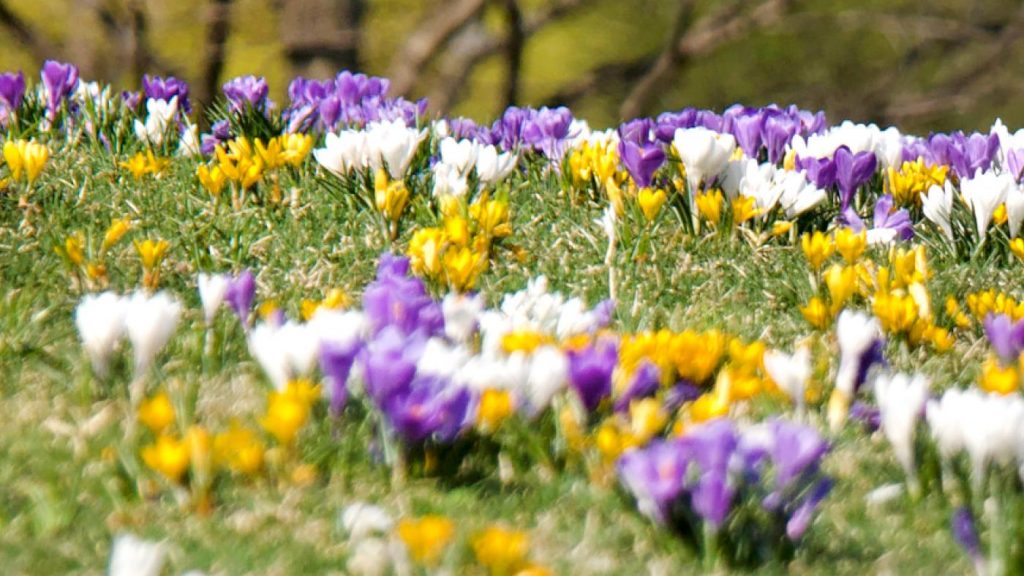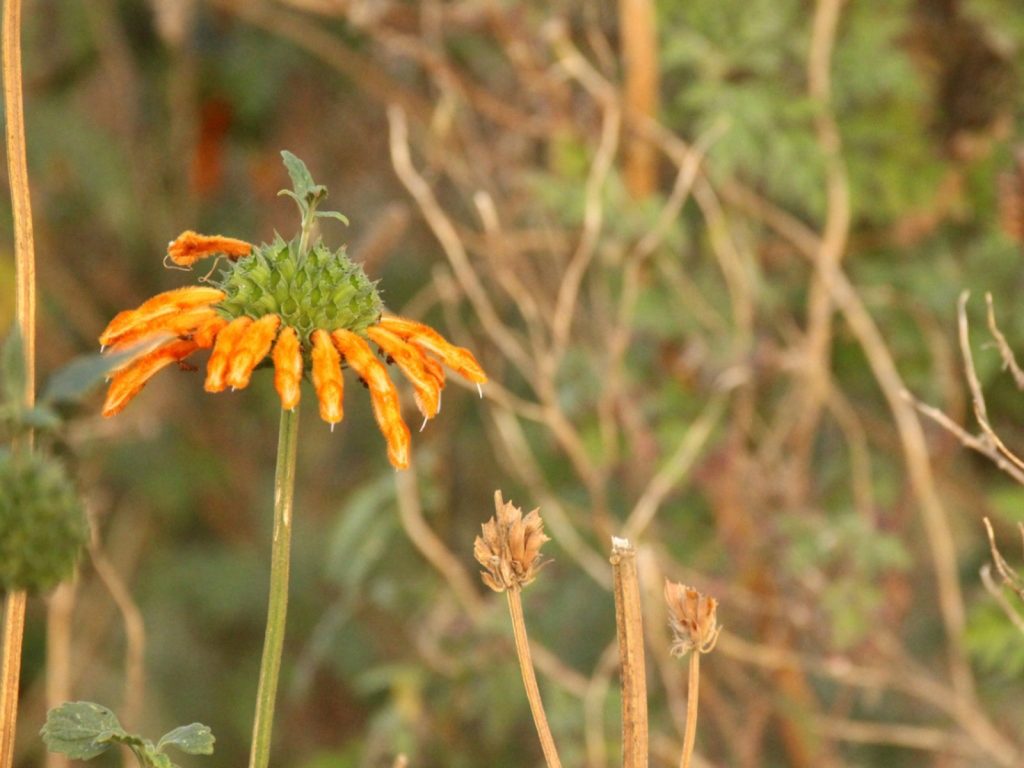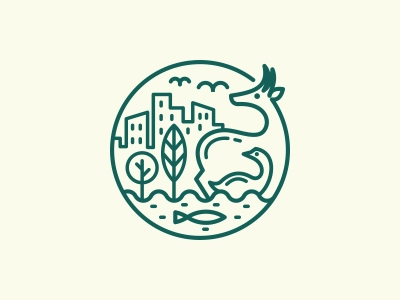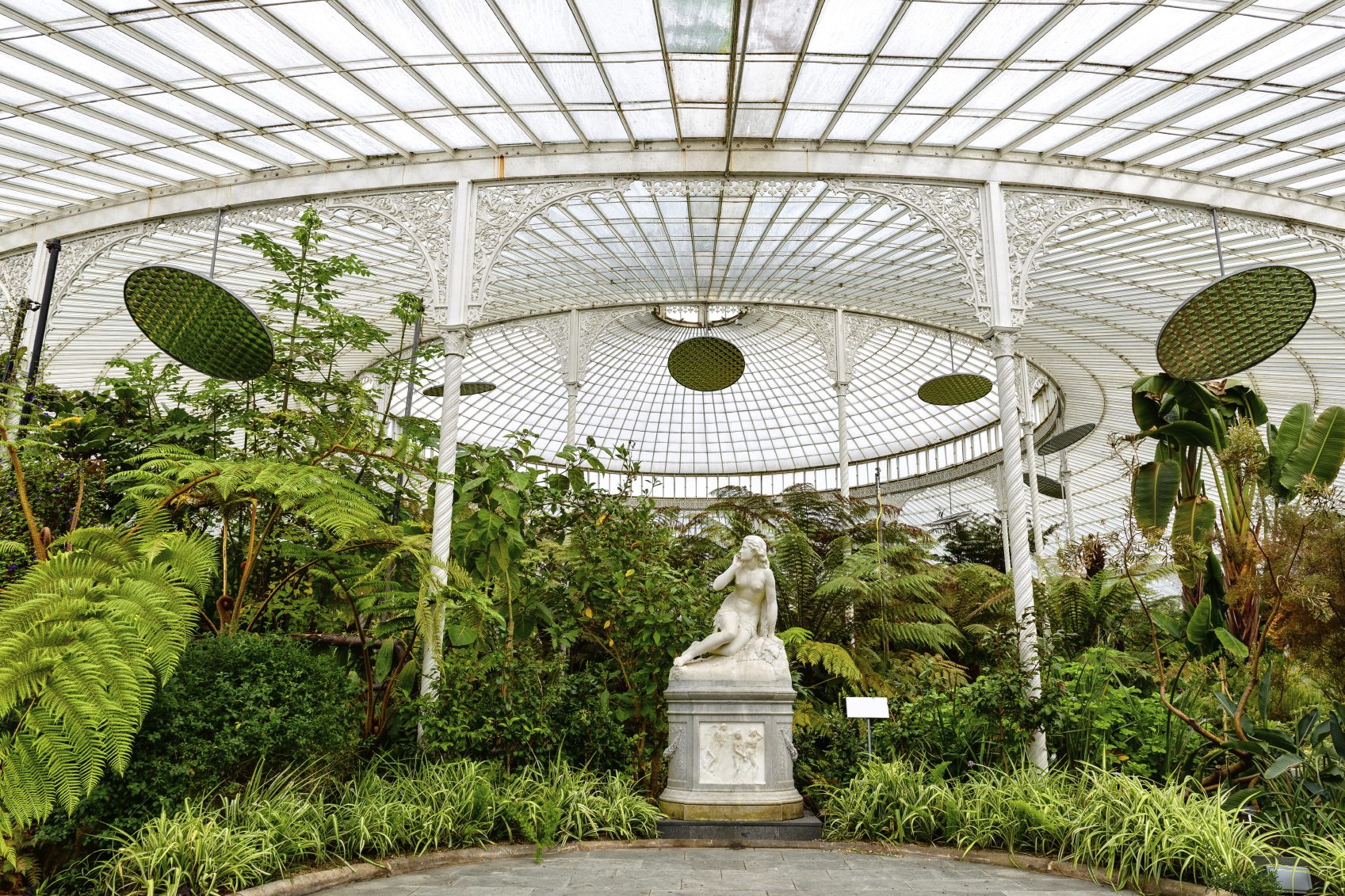You’ve probably heard of Botanicals, but what are they? What are their benefits and uses? Where can you find botanical information? Read on to learn more. There’s a world of information about herbs, plants, and botany to explore. This article will explore botanic gardens, botanicals and medicine. It will also discuss how you can learn about them, and how you can find them in a botanic garden near you.
Botanicals
Botany, also called plant science, biology, or phytology, is the study of plants. Botanist and phytologist are terms used to describe individuals who are involved in the study of plants. Botany is a branch of biology that is devoted to the study of plants. This branch of science is considered to be an area of specialization for the entire scientific community. Botanical Information’s content can be useful for both beginners and experts alike.
Herbs

Herbs and spices are common plant parts used for cooking, medicine, and pleasure. Most are from various plant families and have a variety of uses. While generalizations must be followed, exceptions may be found. This article will cover basic information on herbs and spices for cooking, including how they are used, their uses, and their medicinal properties. Here is an overview of the most popular types of herbs and spices, along with their uses.
Botanicals in medicine
In the United States, herbal products are regulated by the Natural Health Products Directorate (NHPD) and must carry the NHP number on their labels. Botanical medicines vary in their chemical makeup and effects, and can have additive, synergistic, or antagonistic effects. However, there are many risks associated with using botanicals, and it is important to follow the directions of use to avoid complications. Listed below are some of the possible side effects and risks associated with botanicals in medicine.
Research in botanic gardens
Botanic gardens are repositories of plant knowledge and living specimens. These institutions maintain a documented collection of plants for scientific research, conservation, education, and display. Botanic gardens have traditionally focused on plant conservation and herbarium collections, but some have expanded their focus to include a range of topics, such as the potential to grow food crops in extreme climates or how to better protect threatened plants from climate change.

Links to other sites on botany
To learn more about plants, visit links to other sites on botany. You can find the complete specimen catalog of the New York State Museum online, and links to hundreds of reference books and lab protocols. The Department of Botany at the University of Wisconsin-Madison offers five collections of digital images, and it also has a searchable archive of articles from nearly a thousand botanical journals. The Arnold Arboretum Library provides research information on botany, including taxonomic treatments for wild plants and fossil species. You can also find information about botany authors and their publications.

